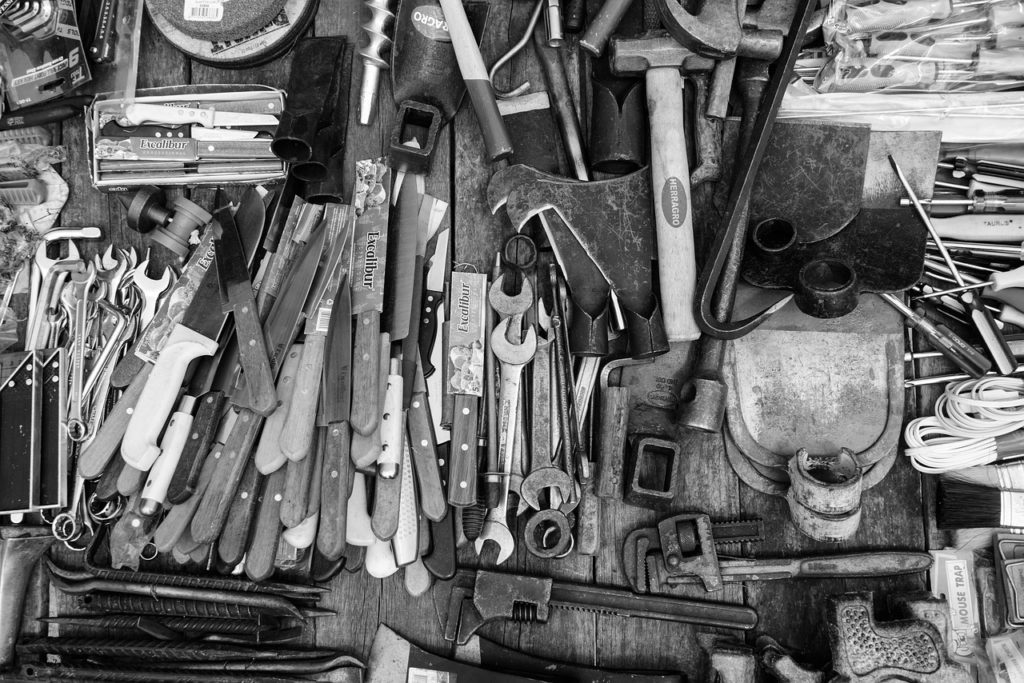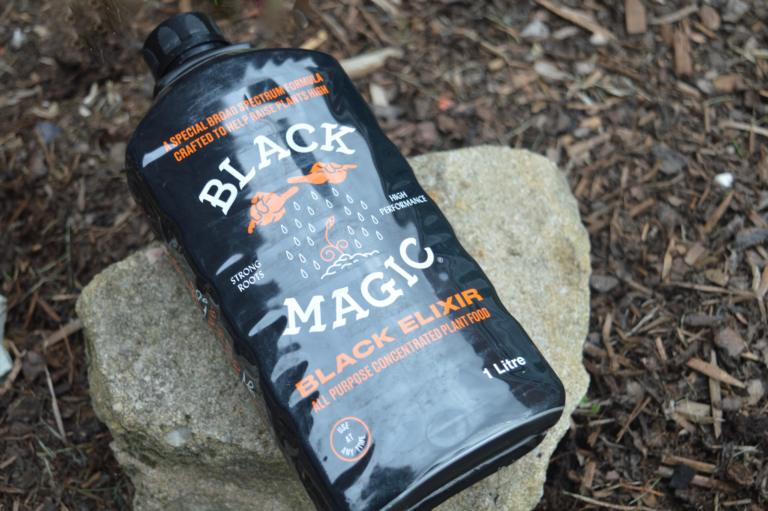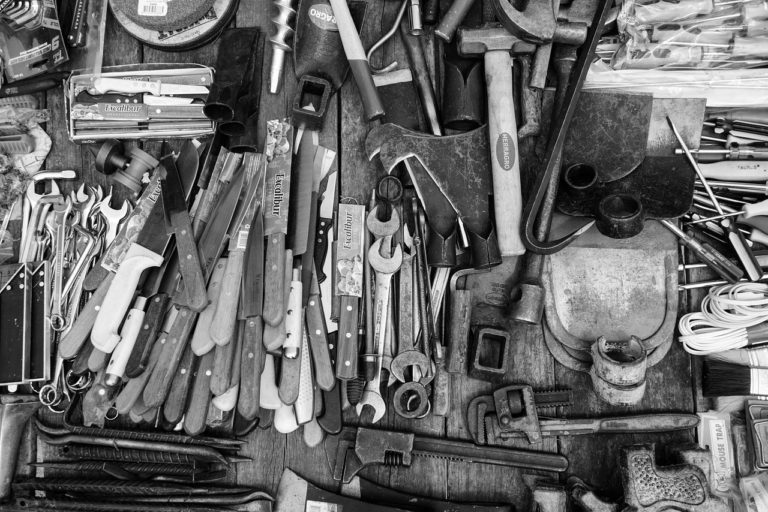Power drills are easily one of the most household tools after screwdrivers, hammers, and pliers. A power drill is often the first power tool anyone will buy for themselves. There are many options and brands to consider. Most quality power drills will last many years, so make sure you buy the right one from the start.
4 Ways How To Choose The Right Power Drill
Electric Or Battery Powered
Your first consideration is whether to buy an electric or battery-powered drill. Both battery and AC-powered drills have advantages and disadvantages.
A mains powered electric drill will always need to be close to a power outlet. You will often be dealing with extension cords to get power to the area you need to drill at. Outside the home, it is often a challenge to get power to the work area. If you are however only drilling the occasional hole inside of your home, these drills are a good bet.
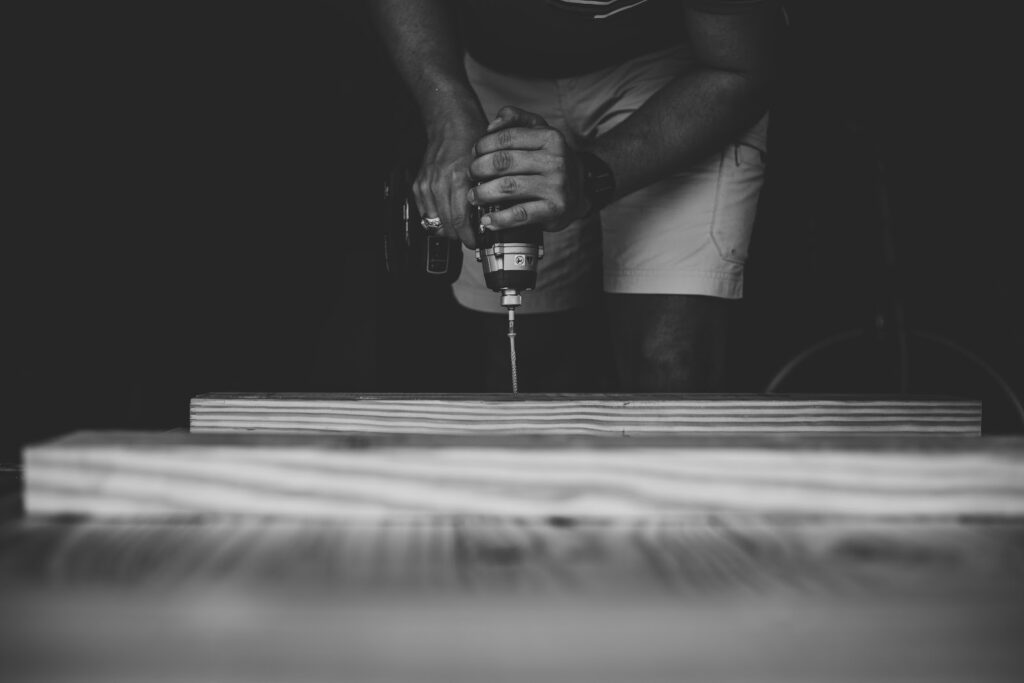
Electrical power drills in the same size as a battery-powered drill will be a lot less expensive. Battery and charging technology is quite expensive. The batteries will also have a finite life and after some time will lose capacity so you will eventually have to replace the batteries when they are not holding a charge for long.
At the large end of power drills for serious work, you might struggle to find an appropriate drill that is battery-powered. The smaller lighter drills are most often found in battery-powered alternatives. The larger industrial-type drills are most commonly found in mains-powered versions.
If you need a small low-cost drill an AC-powered unit will be better. If you are looking for convenience to quickly drill or fasten screws around the house a small battery-powered unit will be best.
Which Chuck?
This is the next consideration. Drills come with different chucks. The chuck is the end attached to the drill that holds the drill bits or other accessories. There are different types and sizes of chucks.
With a keyless chuck, you can remove the drill bit without any tools. A keyed chuck has a small metal key or spanner that is needed to tighten or loosen the grip of the chuck.
You will also need to think about the drill bit you will be using. A small chuck won’t be able to hold larger diameter drill bits. There are great resources with drilling info that will help with chuck selection.
For instance, a ¼” chuck can only hold a bit with ¼” shank. A larger ½” chuck will hold bits with ½” shanks. The smaller chucks will most likely be found on smaller drills and they will also be able to spin at higher rpm. Larger chucks will spin at a lower rpm but will be found on larger and more powerful machines.
SDS and SDS plus chucks are a special variety mostly used to drill or chip concrete. If you are going to be drilling a lot of concrete it is a good idea to look at SDS or SDS+. If you are a contractor who will be doing a lot of demolishing an SDS Max chuck is the best option.
Hammer Action Or Not?
Some drills have a hammer action that can be selected. Normally a drill will just turn, but with hammer action, it will also exert small punches along the axis of the drill bit. This hammer action is useful for drilling into masonry, concrete or rock. If you will only be drilling into wood or steel then you won’t need hammer action.
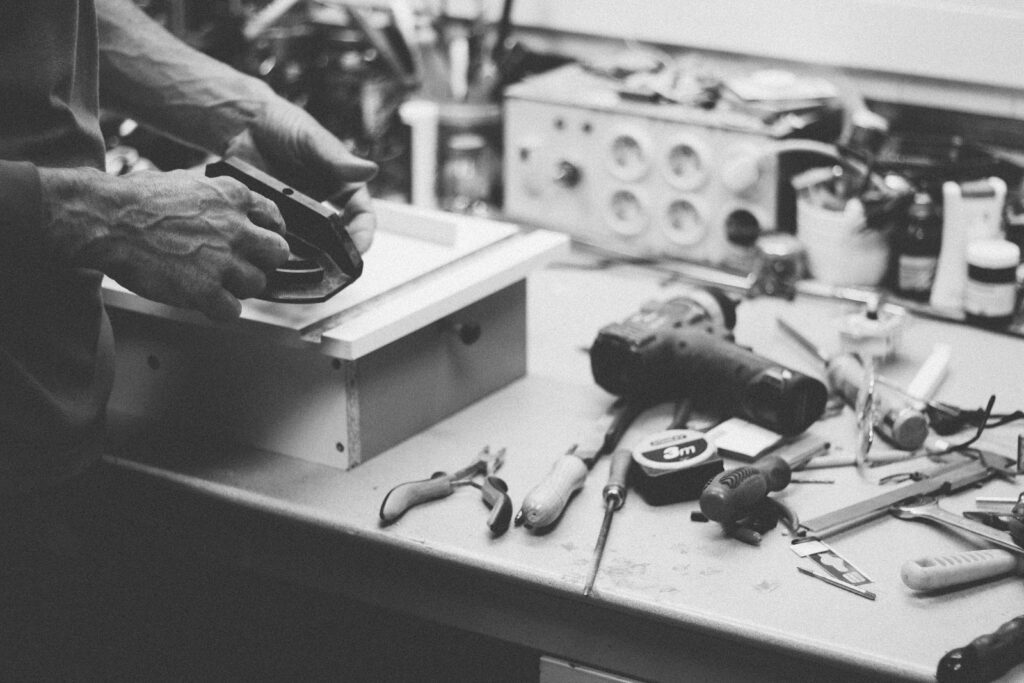
Drills with regular keyed or keyless chucks will all have normal rotation action. Some will have rotation combined with hammer action. SDS, SDS+ and SDS Max drills will often have rotation, hammer and rotation and just hammer action. Some SDS Max drill will even omit the rotation altogether. The use for drills that can do hammer action without rotation is for demolition or chipping of concrete. Think about a mini jackhammer. The bits for this use are also special chisel-like bits.
Watts Explained
The wattage rating on the drill will give you a good idea of how strong it will be. Motors are rated in watts and thus the higher the wattage of the motor in the drill, the more power it will have to drill.
Make sure to look at the specifications for the power or watts of the motor and not the battery if it is a battery-powered unit.
Buy a small AC powered unit if you will only drill a couple of holes inside your home. If you are looking for convenience go for a bit more expensive small battery-powered unit. These are also great to drive in screws around the house. As a contractor drilling concrete rather looks for some variation of an SDS chuck power drill.
